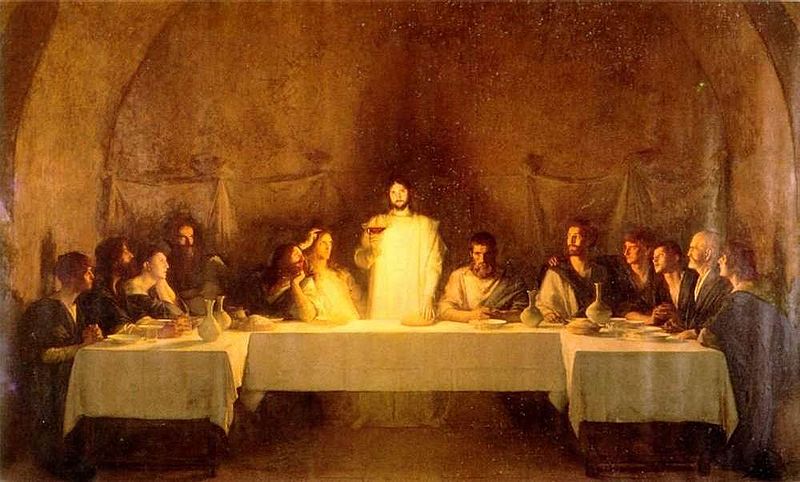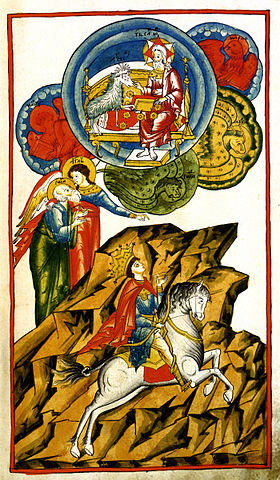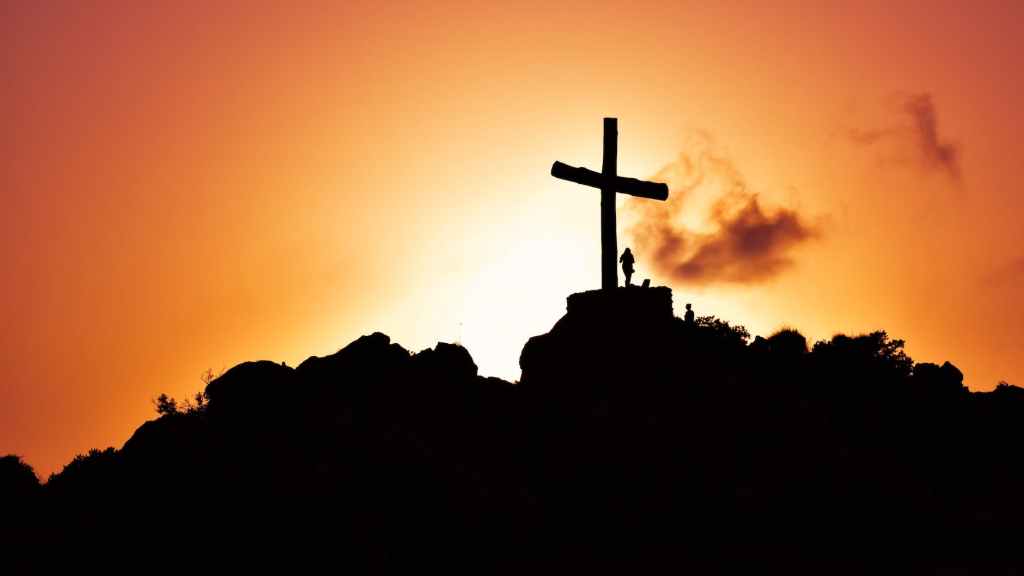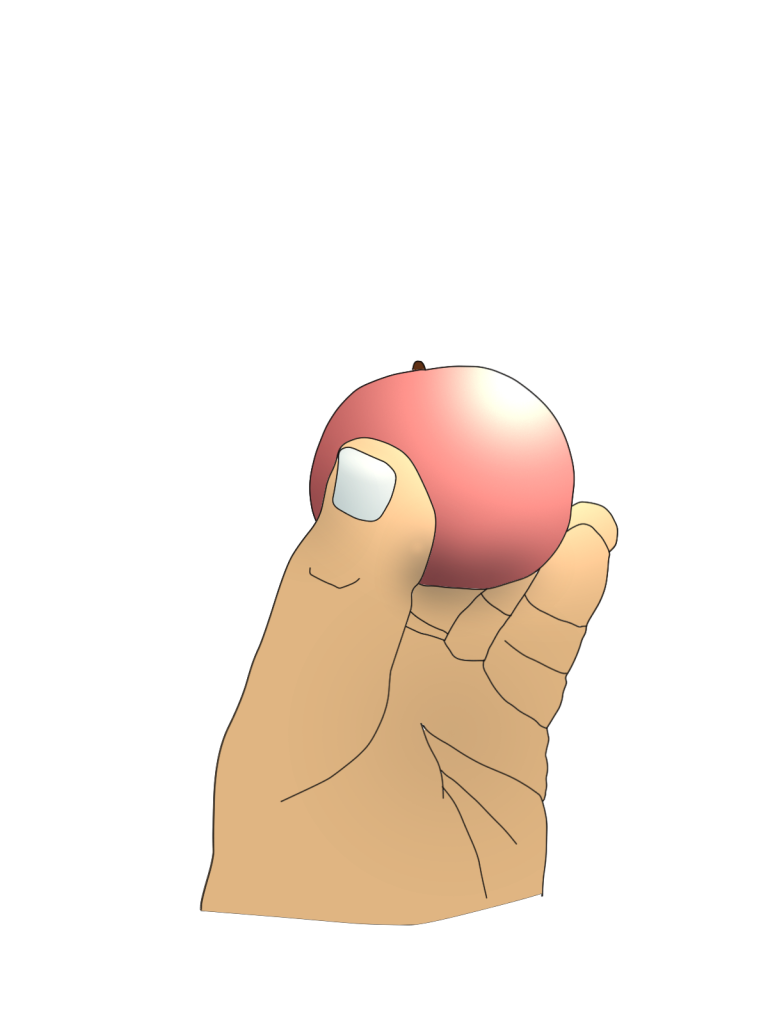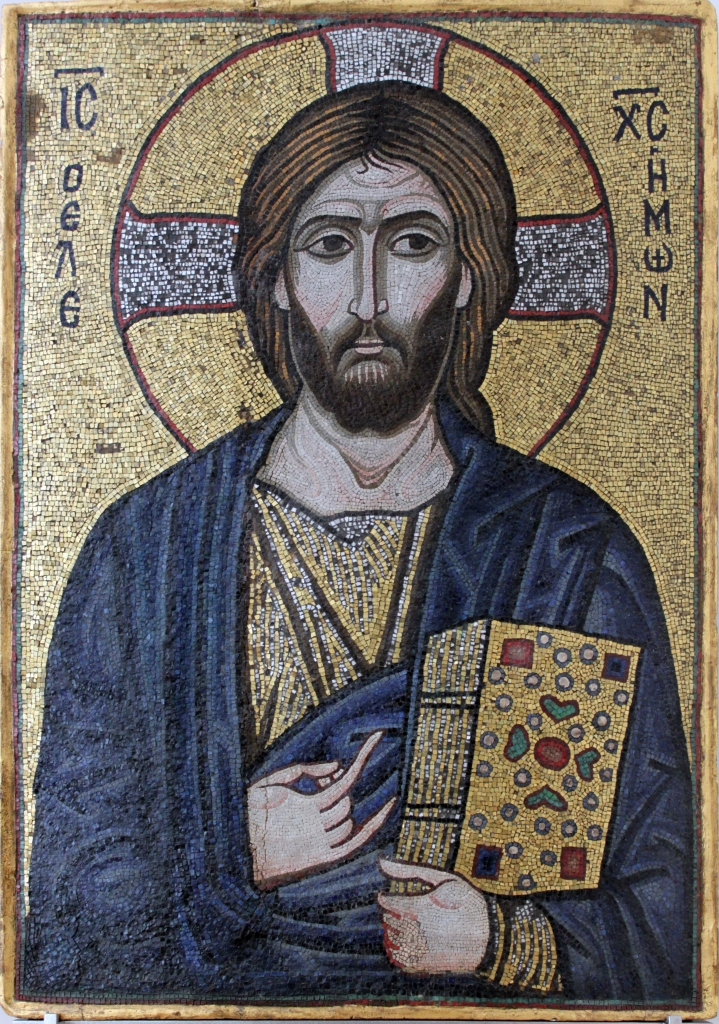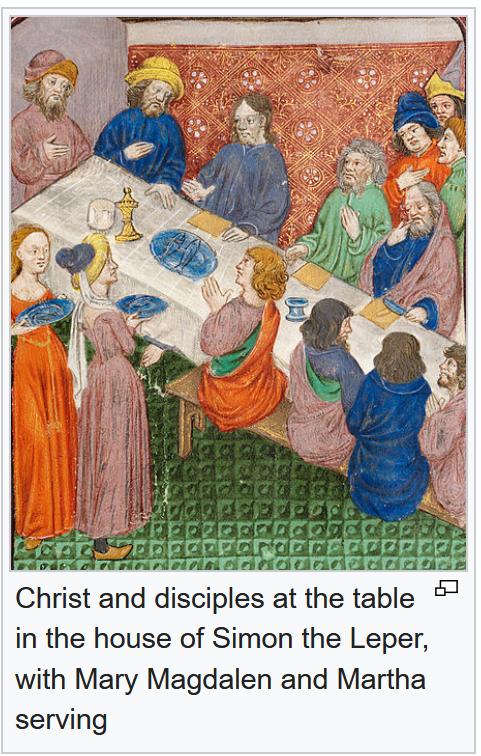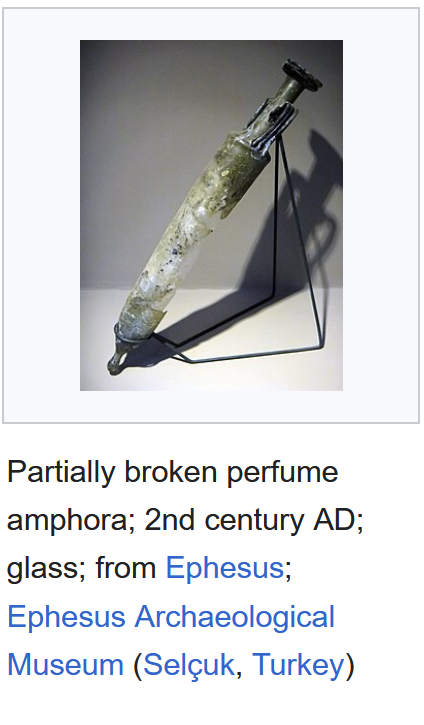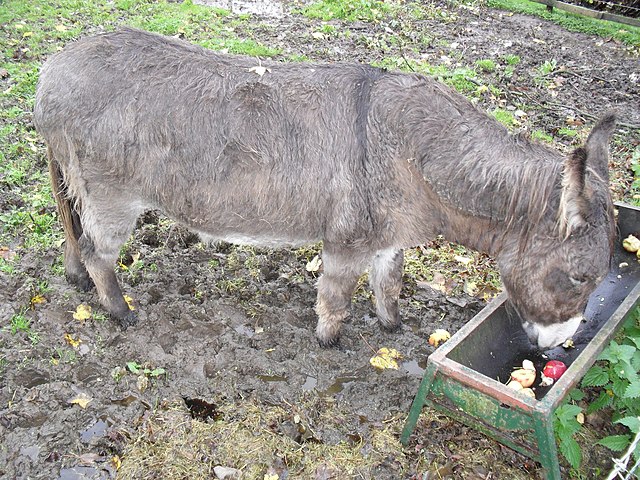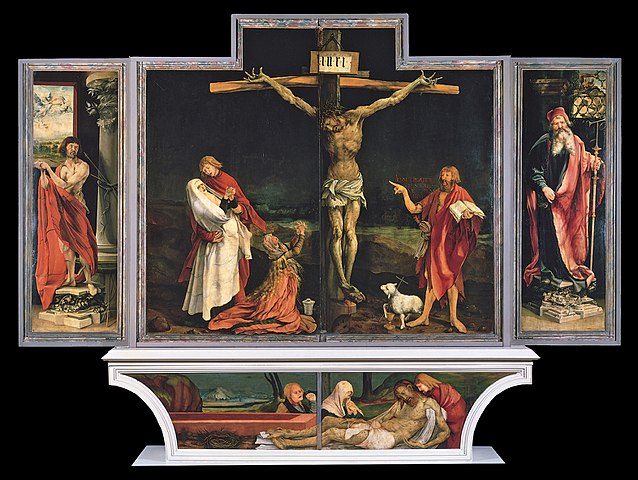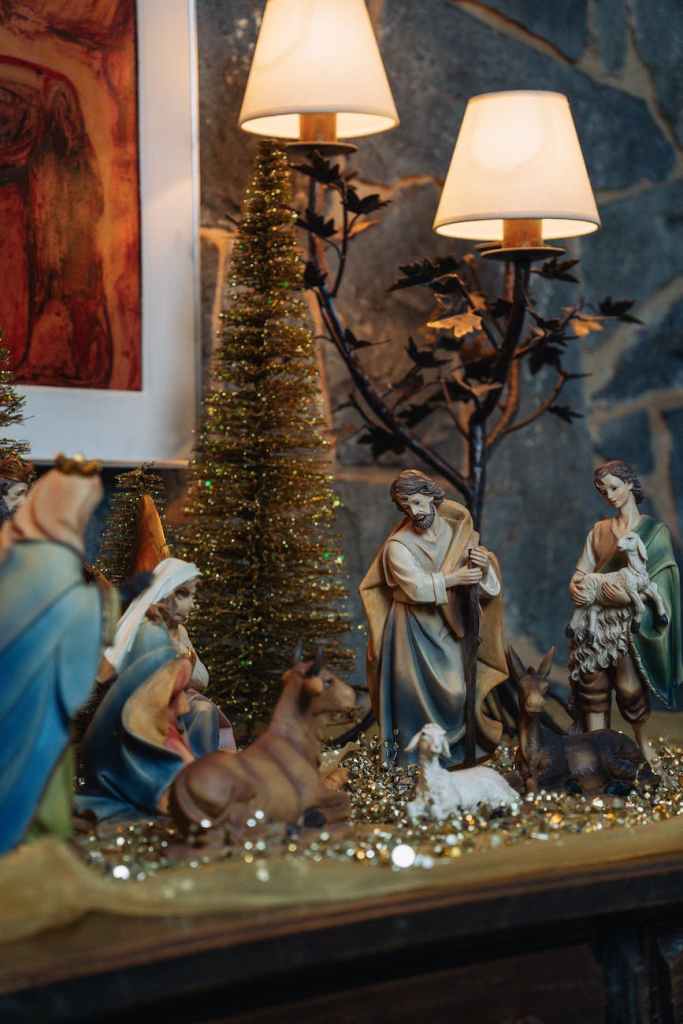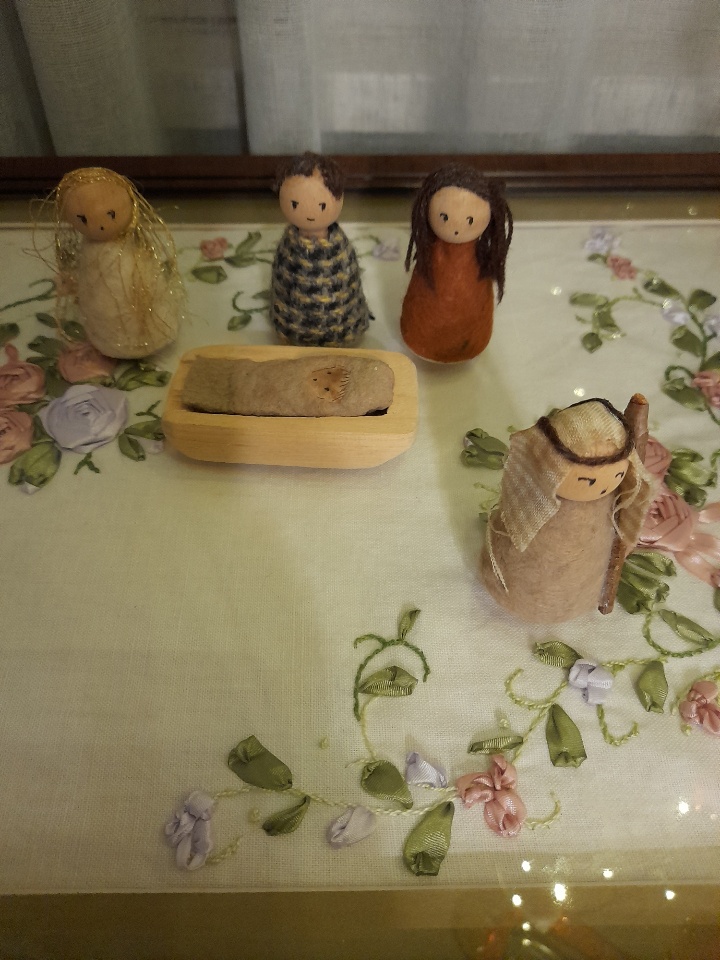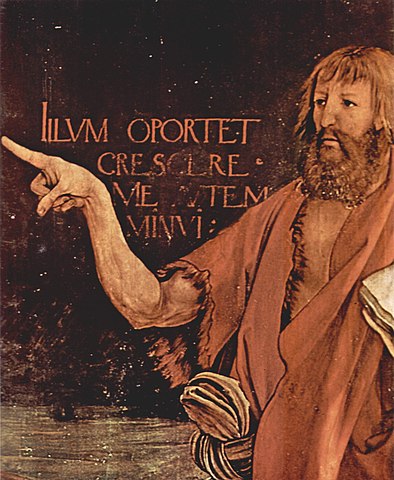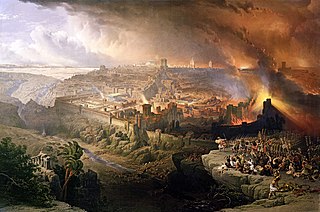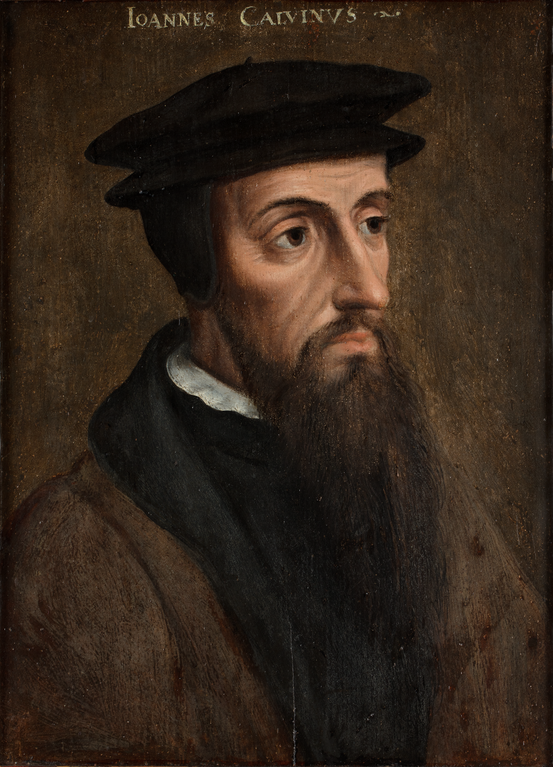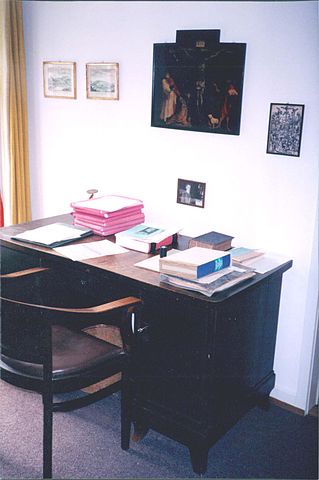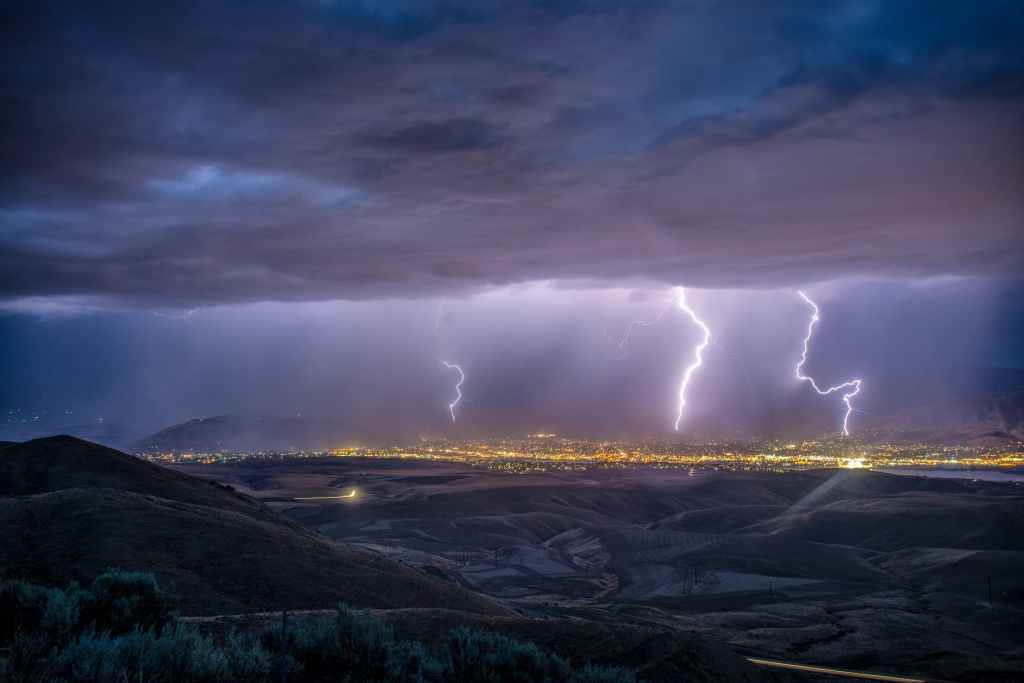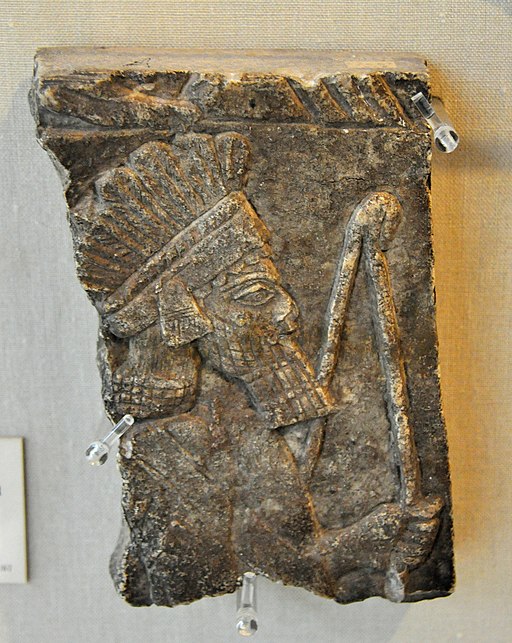The Lord’s Supper Instituted
This Weeks reading is about the First Holy Communion, the first Eucharistic meal instituted, For Roman Catholics the First Mass Instituted. Different Churches understand this in various ways, but this blog isn’t about finding fault or to try to put any other tradition down. I am only interested in saying that Christ loves his Church. He loved his Church so much that he died for us and through his resurrection by faith we too can have eternal life and the forgiveness of our sins. Our Lord in the Christmas story was born by humble means, and this was the beginning of all the things he would do in His Incarnation. Then at the Easter story in the closing scene of the Incarnation, he paid our dept to God the Father so that we could in Christ come boldly before the throne of Grace. Within the story of the Last Supper, we also have a glimpse of the future when Christ will come back as the king of Kings:
The scene in the book of Revelations show Christ as the king of Glory. Christ in Matthew 26:28 is speaking about this day:
How Jesus as King is described in Revelations
12 Then I turned to see the voice that was speaking with me. And having turned I saw seven golden lampstands; 13 and in the middle of the lampstands I saw one like a son of man, clothed in a robe reaching to the feet, and girded across His chest with a golden sash. 14 His head and His hair were white like white wool, like snow; and His eyes were like a flame of fire. 15 His feet were like burnished bronze, when it has been made to glow in a furnace, and His voice was like the sound of many waters. 16 In His right hand He held seven stars, and out of His mouth came a sharp two-edged sword; and His face was like the sun shining in its strength.
Our lord Jesus, The Son of God shows John the Apostle His power over everything:
17 When I saw Him, I fell at His feet like a dead man. And He placed His right hand on me, saying, “Do not be afraid; I am the first and the last, 18 and the living One; and I was dead, and behold, I am alive forevermore, and I have the keys of death and of Hades. 19 Therefore write the things which you have seen, and the things which are, and the things which will take place after these things. 20 As for the mystery of the seven stars which you saw in My right hand, and the seven golden lampstands: the seven stars are the angels of the seven churches, and the seven lampstands are the seven churches. Revelation 1:12-20
From our point of view Holy Communion points to that great day of hope. As finite beings we have an infinite future in Christ. John the Apostle however is taken into Heaven itself and he sees this beautiful picture of Christ out Lord.
Let us now look at what Matthew 26. 26-28 teaches us
26 While they were eating, Jesus took some bread, and after a blessing, He broke it and gave it to the disciples, and said, “Take, eat; this is My body.” Matthew 26:26
My translation would be:
While they were eating, Jesus took bread and having blessed it, He broke it and gave it to the disciples, and said, “Take, eat; this is My body.” Matthew 26:26
I am not using ‘some’ because it only became ‘some’ when our Lord broke it. As believers we all belong to the same loaf, the same Church. The Lord commanded by saying ‘Take eat!’. In the Greek both ‘take’ and ‘eat’ are in the imperative mood. It is a command. I would assume because this is a Passover meal that the bread would be broken rather than torn. Unleavened bread is brittle therefore it would be broken. The text does not say Jesus tore some bread and gave it. In the original story of the Passover the people were in a rush hence they took it within the range of fastest cooking. When we also read this story of the Passion of Christ things happened very rapidly. The betrayal happened, the Apostles were going to be scattered, Christ was going to be killed. The events are speeding up. Yet this Passover meal was given the fulfillment of the meaning. The Church has seen this story as Christ being the fulfillment of the Passover Lamb. The book of Hebrews spells this out.
Verse 27
And when He had taken a cup and given thanks, He gave it to them, saying, “Drink from it, all of you; 28 for this is My blood of the covenant, which is poured out for many for forgiveness of sins.
Matthew 26:28
So, on the eve of our Lord’s sacrifice, Christ gives us the second part of this institution. In the original context of the Passover, God’s people painted blood on the door of their houses so that the Angel of Death would Passover the house, so that no harm would befall that particular house. This Exodus was prophetically pointing to the Christ, the Lamb of God who takes the sins of the world away. When God the Father sees his Son’s blood, the Angel of Death would Passover us and we would not see this spiritual death of being separated from God for all eternity.
Here in verse 27 Christ gives a command ‘Drink it’. Christ the who came as a servant will not drink this again before he comes again in the End Times (the Eschaton). However the next time he comes, he will not come as a servant or slave but as the King of Kings. In his second coming every knee will bow to him willingly or unwillingly such as we find in the book of Revelations.
Verse 28
In verse 28 we can see the details of what this cup actually means. As I already said this cup which reminds us of the shedding of Christ’s blood is a reminder that the second and greater covenant is for the forgiveness of sins.
This is then the last time that our Lord would drink this cup of wine on earth as a servant. Next time Our Lord drinks this cup will be as the King of Kings, The Second Person of the Holy Trinity.
Verse 29
29 But I say to you, I will not drink of this fruit of the vine from now on until that day when I drink it new with you in My Father’s kingdom.” Matthew 26:29
Reflection
Christ loved us so much that he came from heaven to save us. By the gift of faith and with our promised Helper the Third Persons of the Holy Trinity a way has been made for the Church by which we can enter heaven itself by Christ as an eternal gift to God the Father. Forever sharing in the love of the Eternal Trinity. It is a mystery and I do not understand all the details but this is our hope and inheritance in Christ Jesus through faith and obedience. So then let us bow our knee and hearts to Christ who is the author and perfecter of our faith. Let us follow his example of obedience which we learned in his Incarnation and let us wipe our tears of sorrow away in the expectation of His second coming. Glory and Honour belongs to the Trinity from Generation to generation amen:
Have this attitude in yourselves which was also in Christ Jesus,
who, although He existed in the form of God,
did not regard equality with God a thing to be grasped,
but emptied Himself, taking the form of a bond-servant,
and being made in the likeness of men.
Being found in appearance as a man,
He humbled Himself by becoming obedient to the point of death,
even death on a cross.
For this reason also, God highly exalted Him, and bestowed on Him
the name which is above every name,
so that at the name of Jesus EVERY KNEE WILL BOW,
of those who are in heaven
and on earth and under the earth, and that every tongue will confess
that Jesus Christ is Lord,
to the glory of God the Father.
Philippians 2:5-11
Notes
Verse 26
‘While they were eating’ (present active participle )
‘Jesus’ (Our Lord with his name in the Greek has a nominative definite article)
He took (2nd aorist participle masculine singular)
After is not in the Greek
Blessed has been used for ‘Having given thanks ’ (Verb, Aorist, Active, Participle, Nominative, Singular, Masculine ) But that is in the Textus reseptus A K W Γ Δ Matthew 26:26
Blessed εὐλογέω (aor act ptcp nom sg masc) Blessed has stronger witnesses txt 𝔓45 א B C D L Z Θ Matthew 26:26
For ‘having given thanks Alexandrinus is 5th century’ and then later centuries
For ‘having blessed ’ P45 is 3rd century then 4th century, 5th century and so on.
